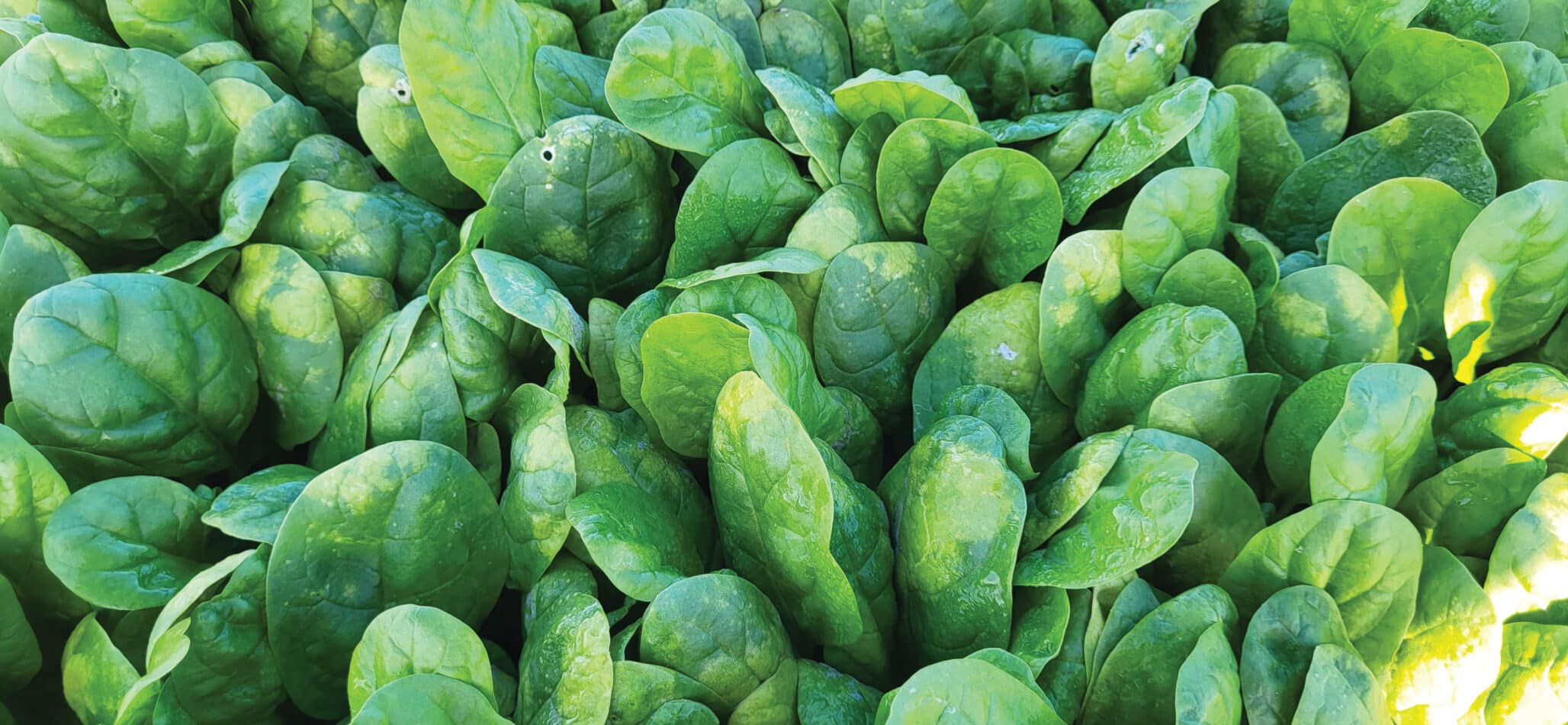Scientists from Aarhus University in Denmark and commercial breeders and leading foreign research institutions will in partnership develop new varieties of wheat that are resistant to a number of devastating fungal diseases.
Scientists from Aarhus University and plant breeders from Nordic Seed A/S will be developing new high-yielding varieties of wheat that are resistant to the most serious fungal diseases.
Using varieties that are resistant to several fungal diseases helps reduce the use of pesticides in agriculture for the benefit of the environment and the farmer’s economy. It also means that agriculture is able to comply with the EU directive on implementing integrated pest management, which uses a number of different approaches to protect the plants. The new varieties can also be used by organic growers who are not allowed to use fungicides to fight fungal diseases.
“Breeding of high-yielding and disease-resistant cereal crops is essential to reduce crop dependence on pesticides. The large challenge is for the variety to be resistant to all the major fungal diseases in wheat while ensuring that the resistances preserve their effectiveness over the years,” says Mogens Støvring Hovmøller, leader of the new project and professor from the department of agroecology at Aarhus University.
The goal is to develop two to three new high-performance and multi-resistant wheat varieties. An important part of the project is to develop and improve the detection of disease resistance in plants. This project will take place over a five-year period with a total budget of 22 million Danish kroner.












